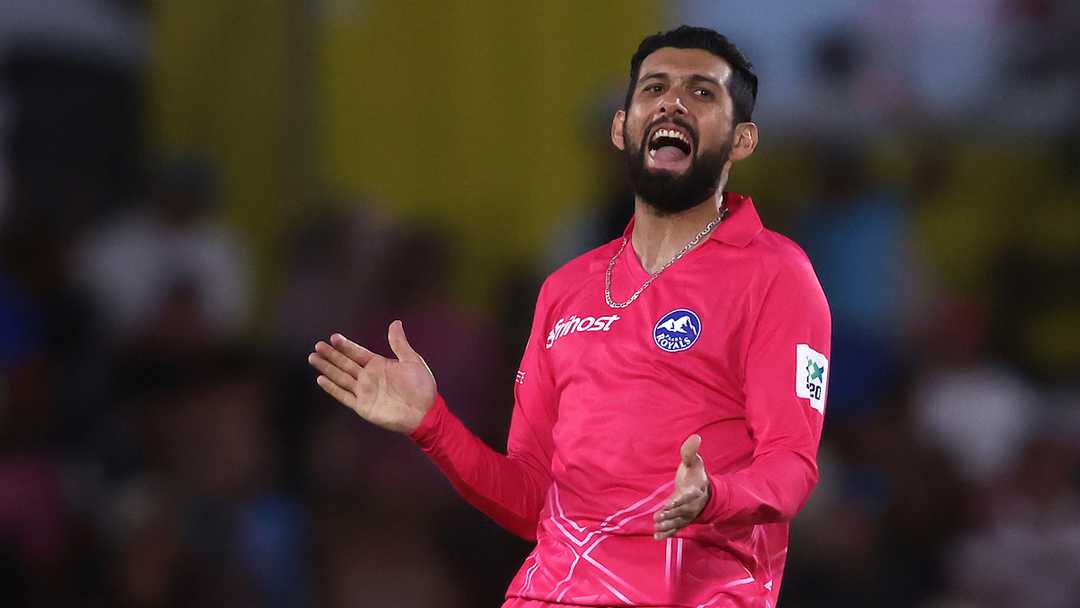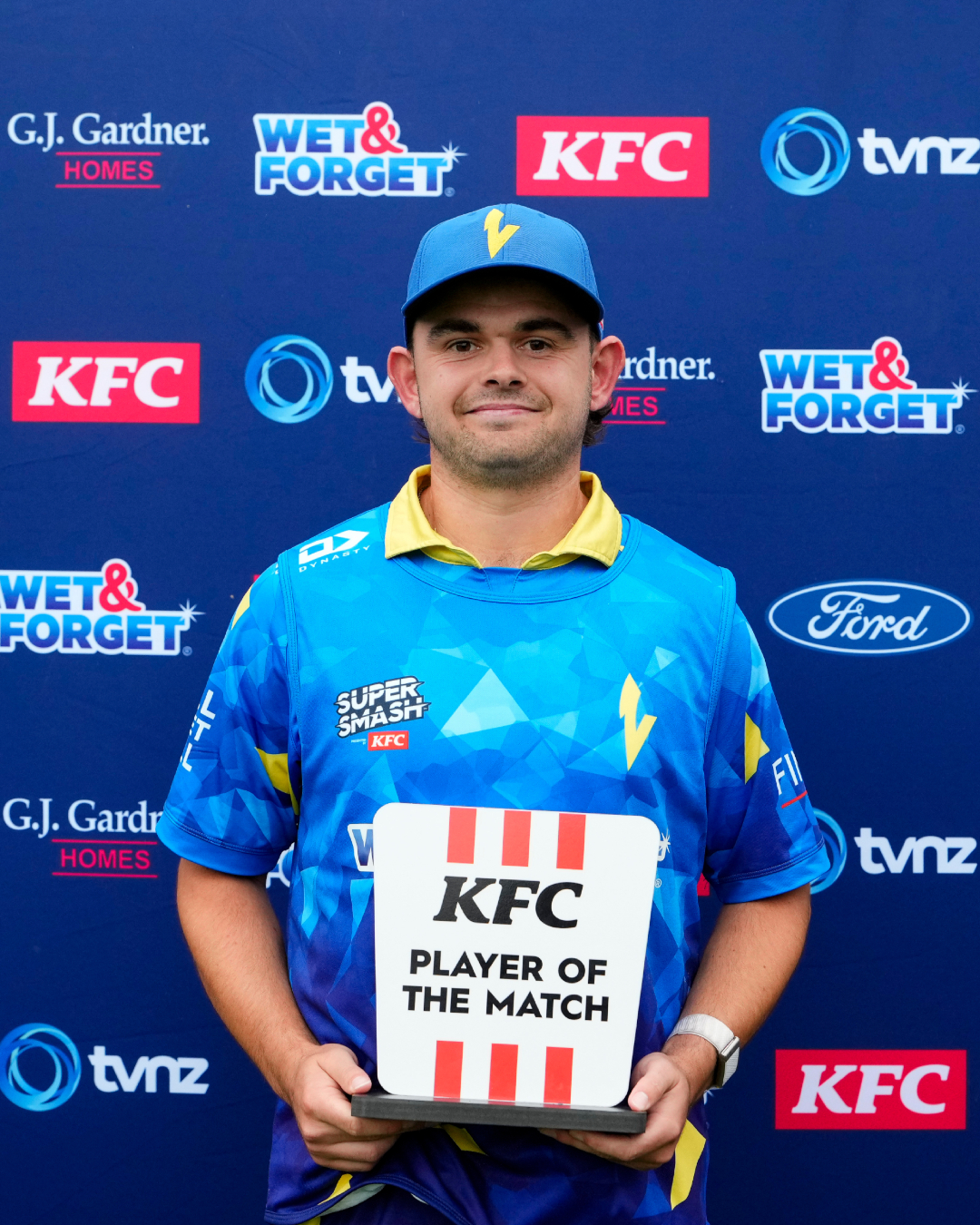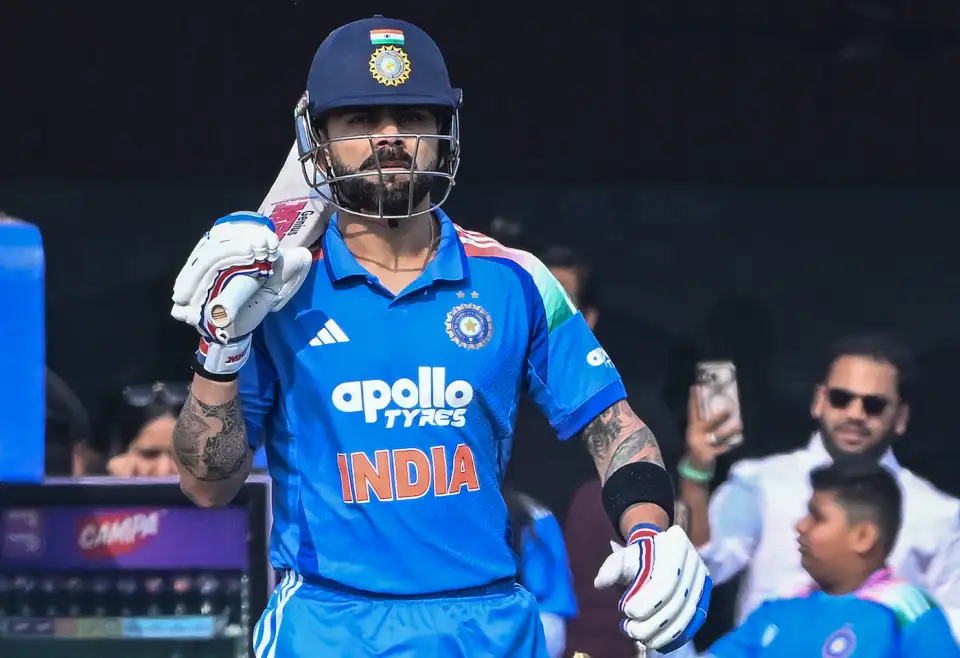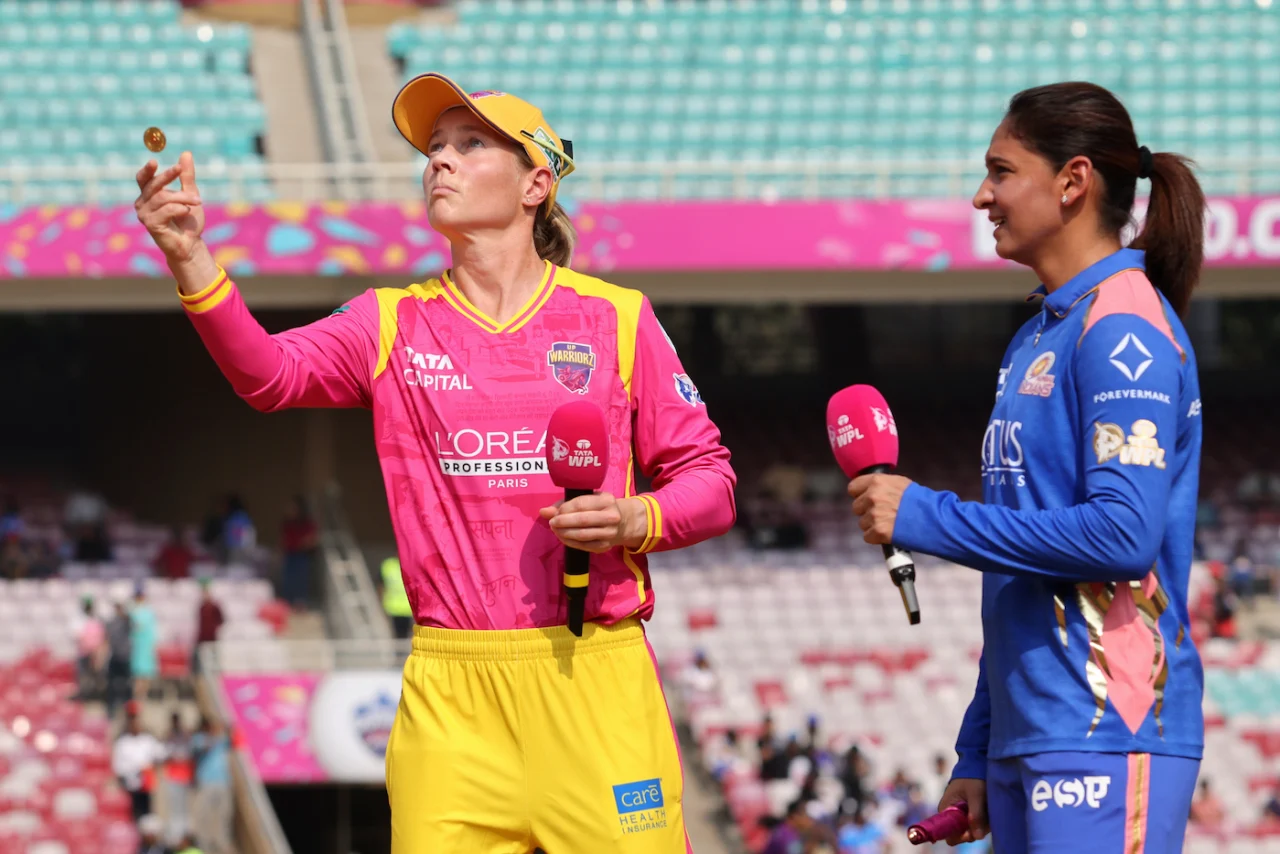
Latest Cricket News 2025
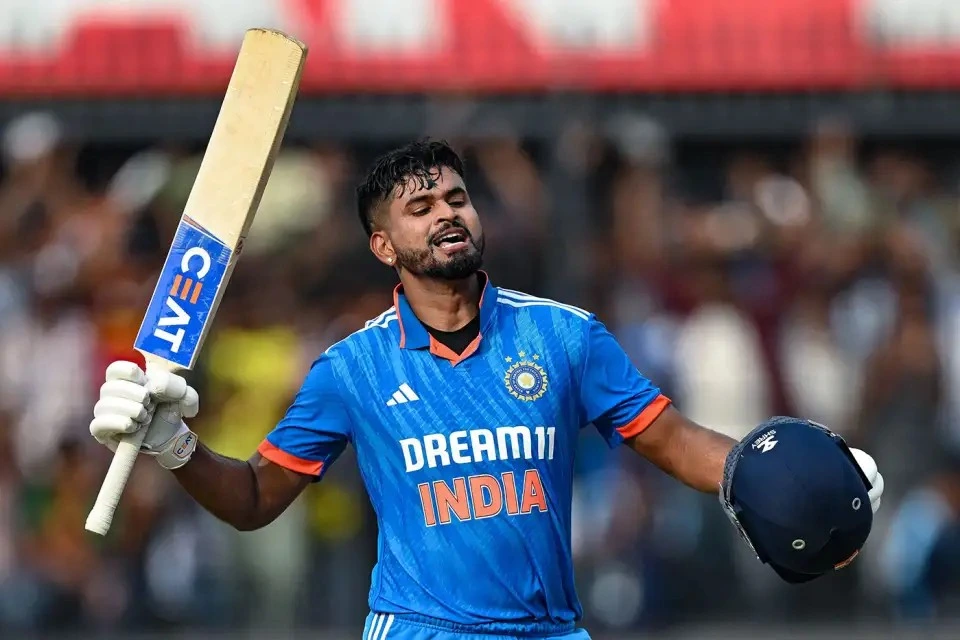
What Made India Unstoppable in Their Last ODI Match at Indore?
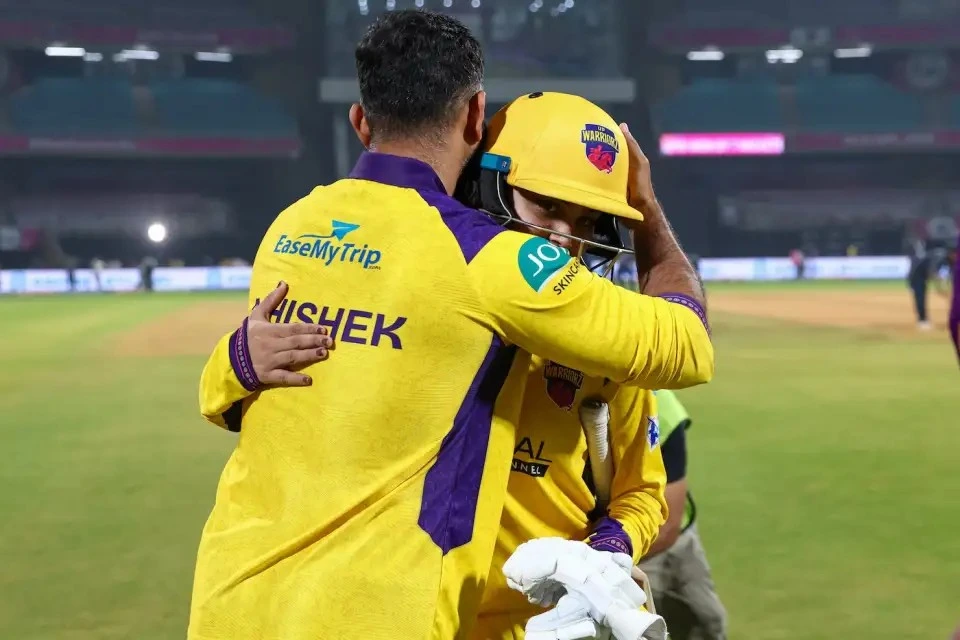
Harleen Deol Scripts Her Redemption in Just 24 Hours
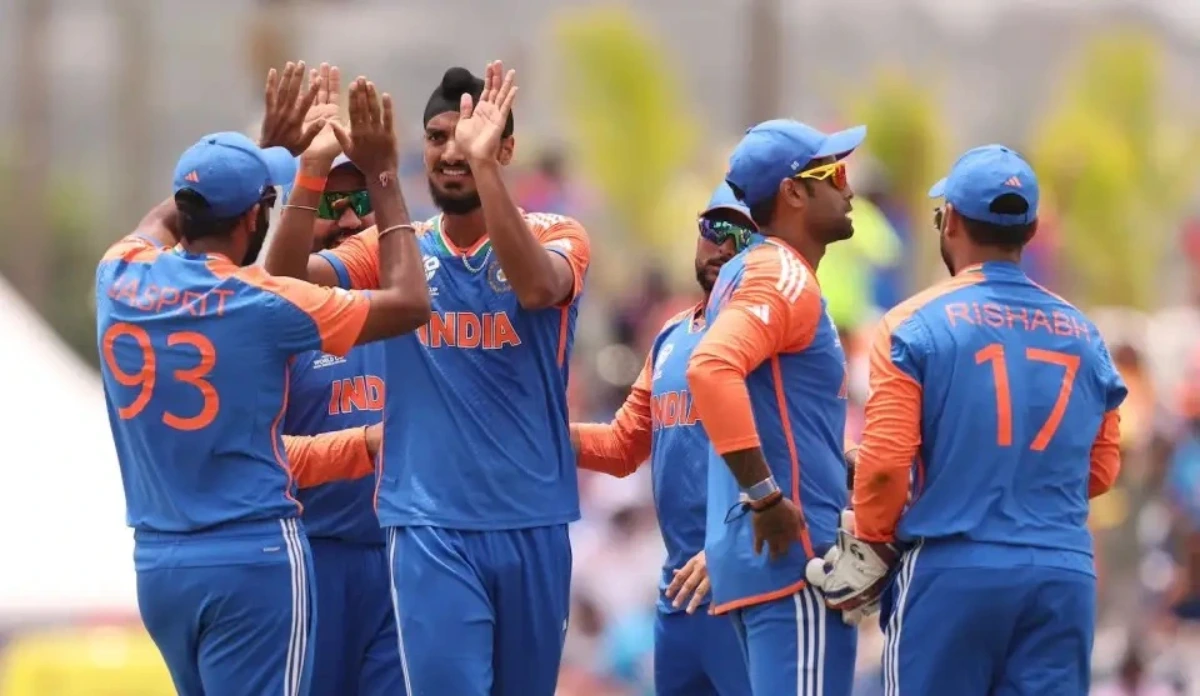
Ashwin Reveals the Bowling Combo That Could Win India the T20 World Cup
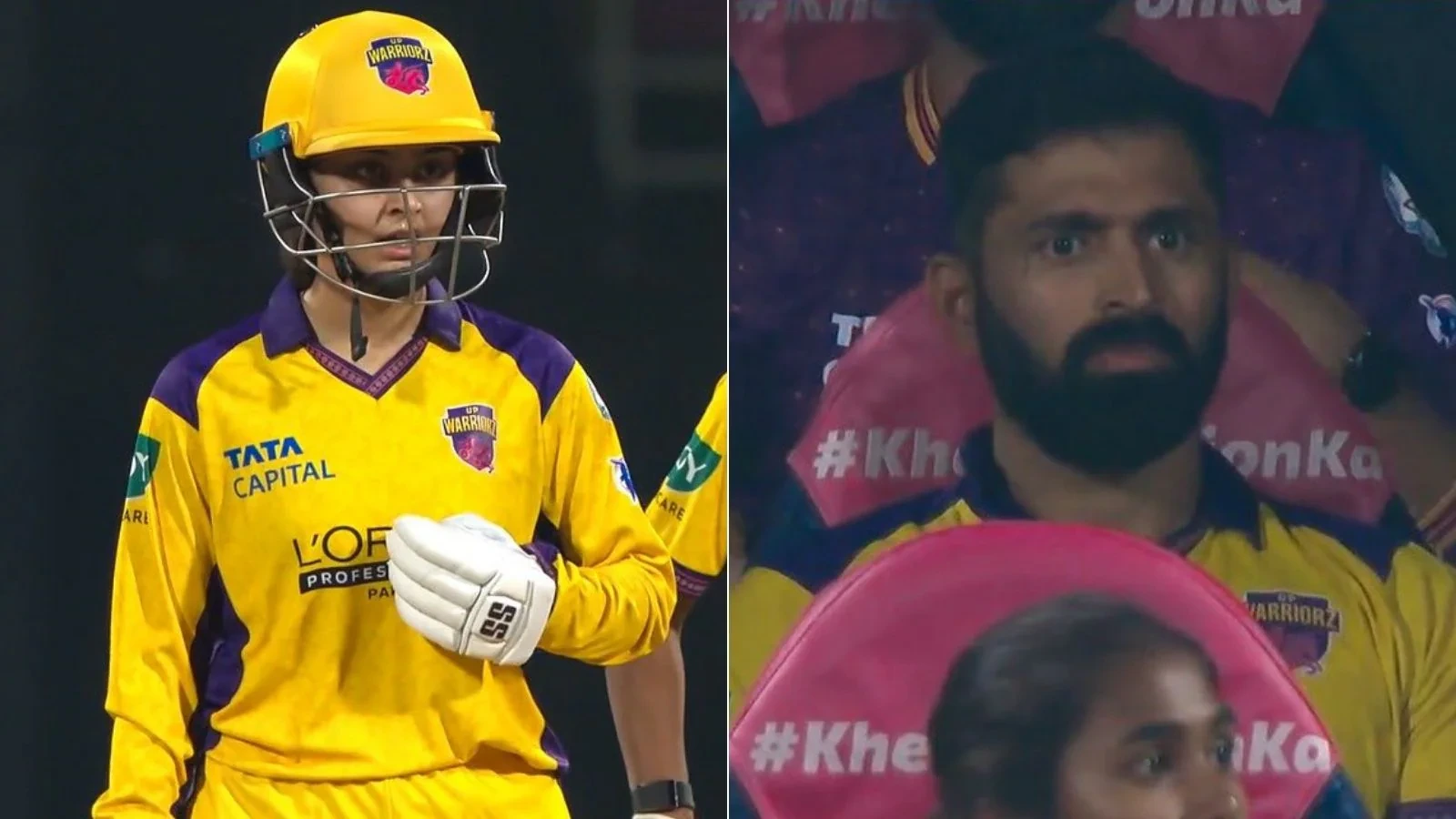
Abhishek Nayars Decision Turns Into a Nightmare for UP Warriorz
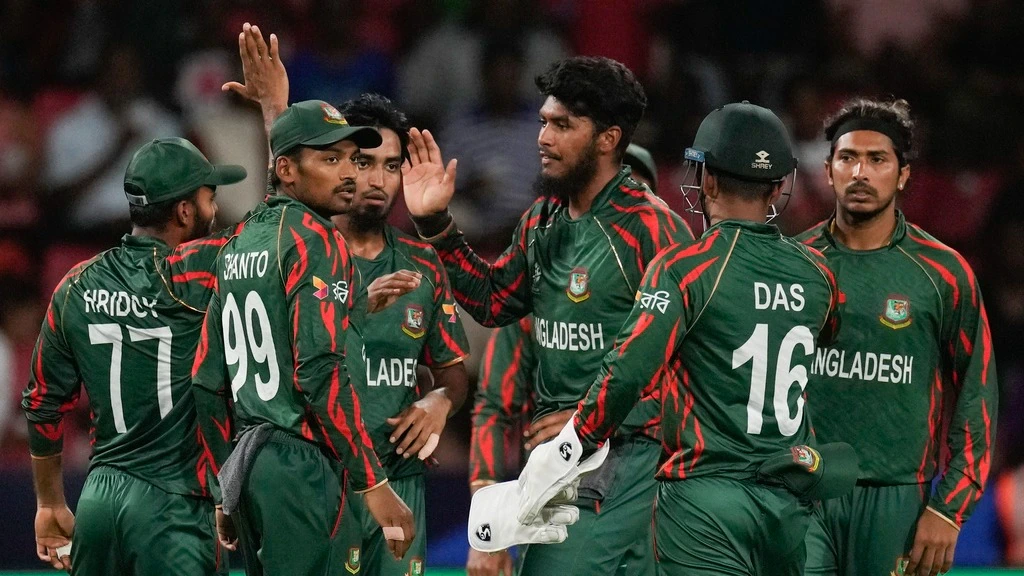
BCB Under Fire as Player Revolt Threatens Bangladesh Cricket

AI Simulation, SA20 | Maharaj leads Capitals to back-to-back wins as Royals fall short in Centurion

Historic ODI Loss Raises Big Questions Over Indias Bowling Attack
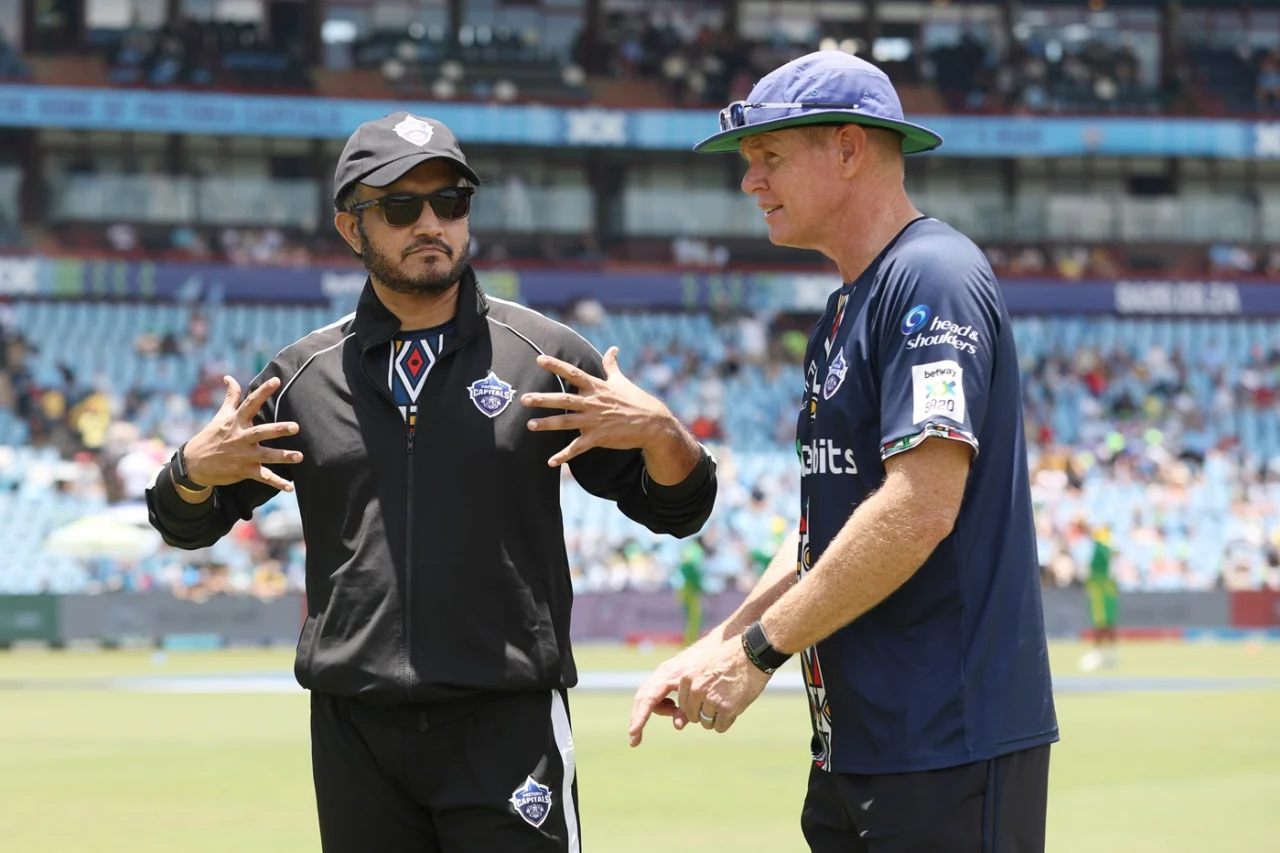
SA20 Preview | Pretoria Capitals look to extend momentum as Paarl Royals arrive in Centurion
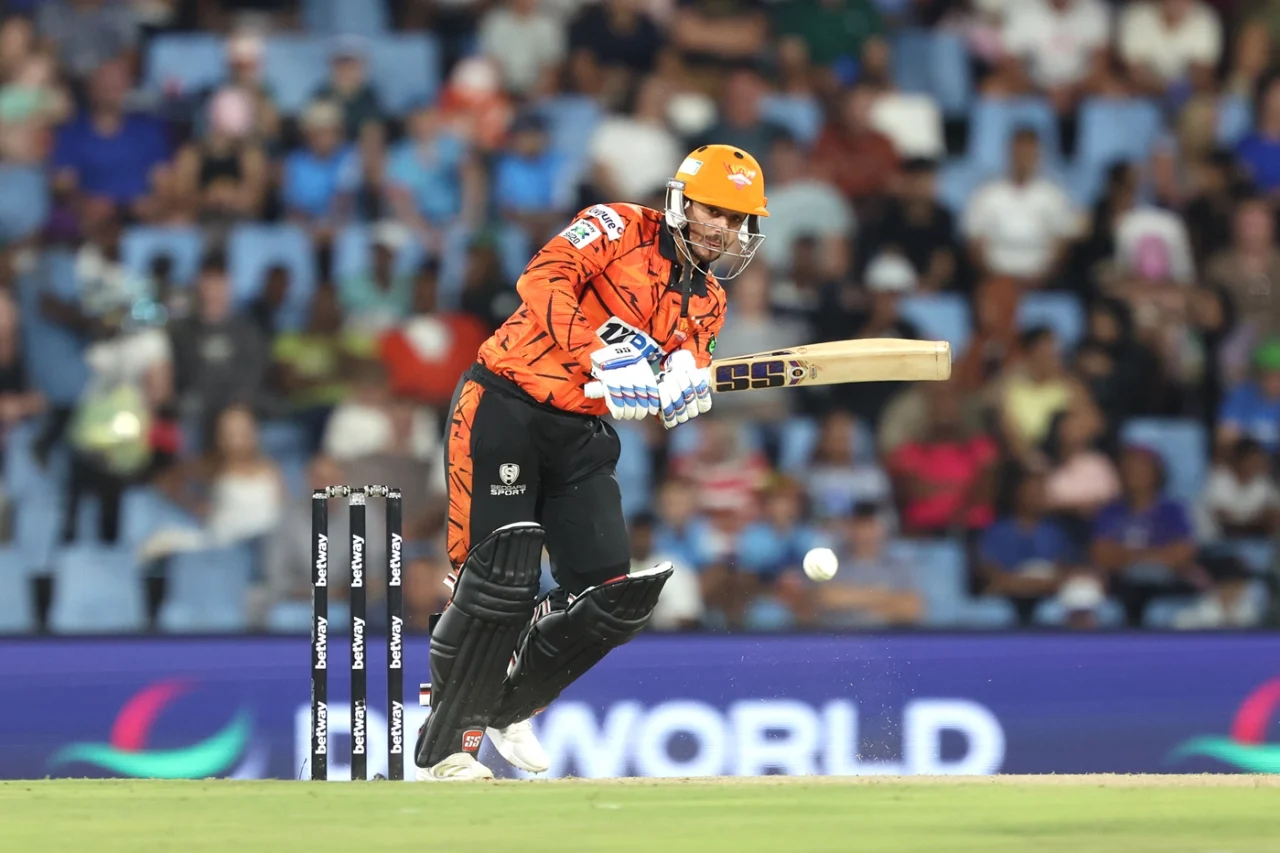
Watch, SA20 | De Kock goes straight as arrow to stun Burger with stupendous drive
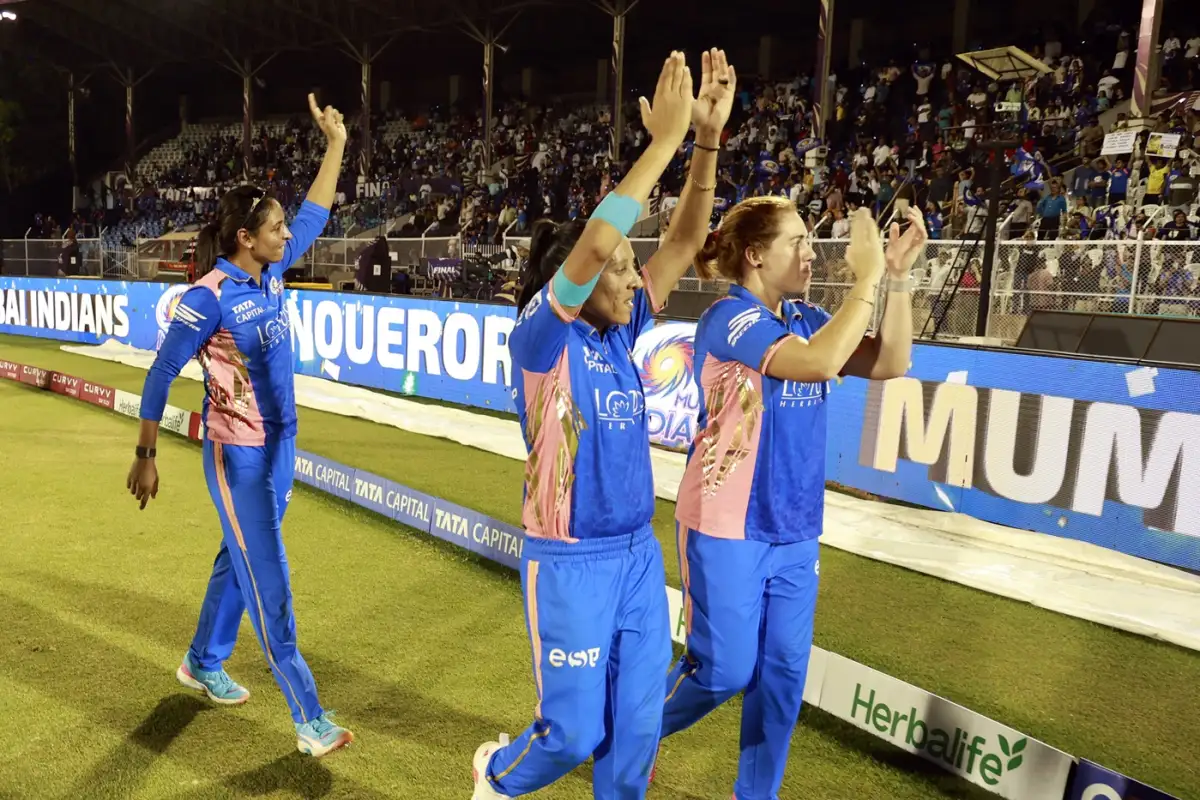
AI Simulation, WPL | Mumbai Indians continue dominance as controlled chase seals six-wicket win over UP Warriorz
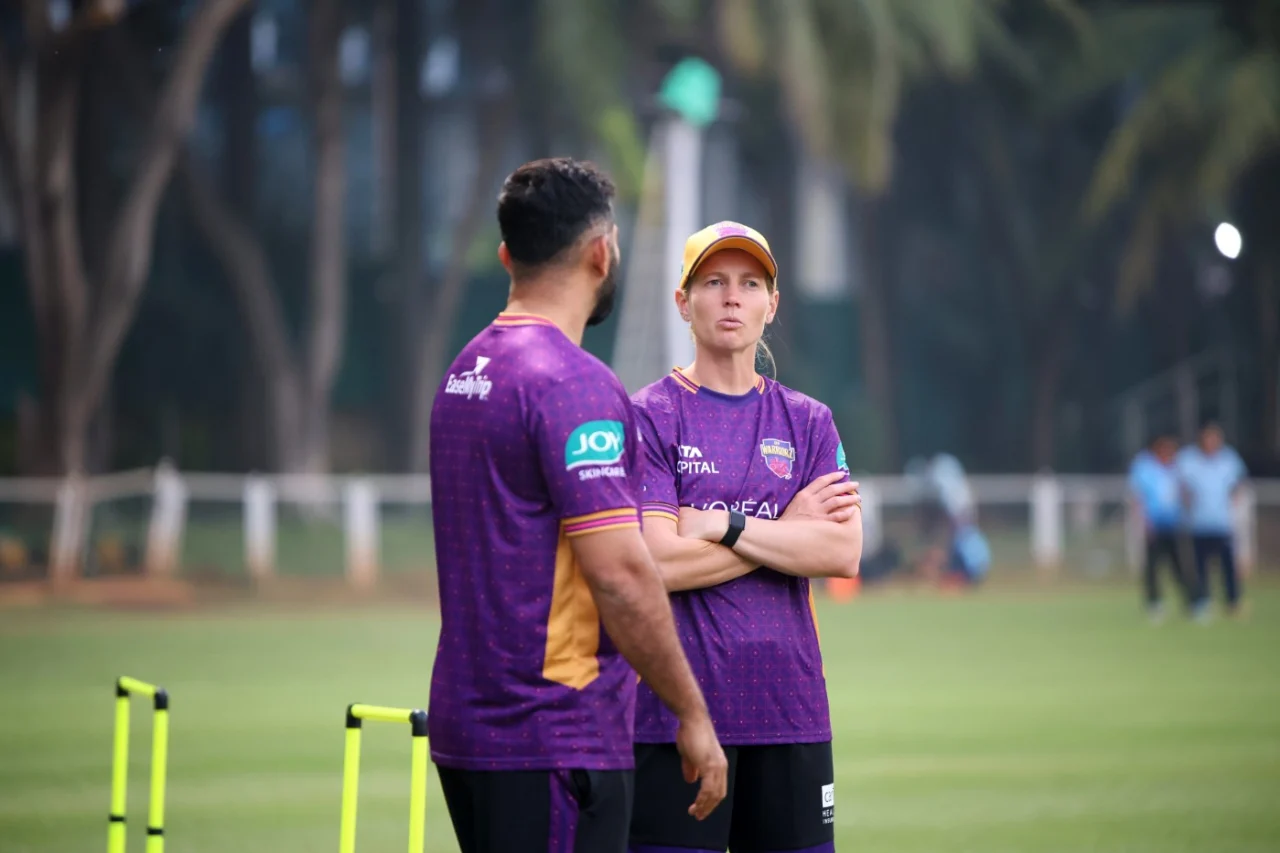
WPL Preview | UP Warriorz seek first win of season against resurgent Mumbai Indians on their home turf
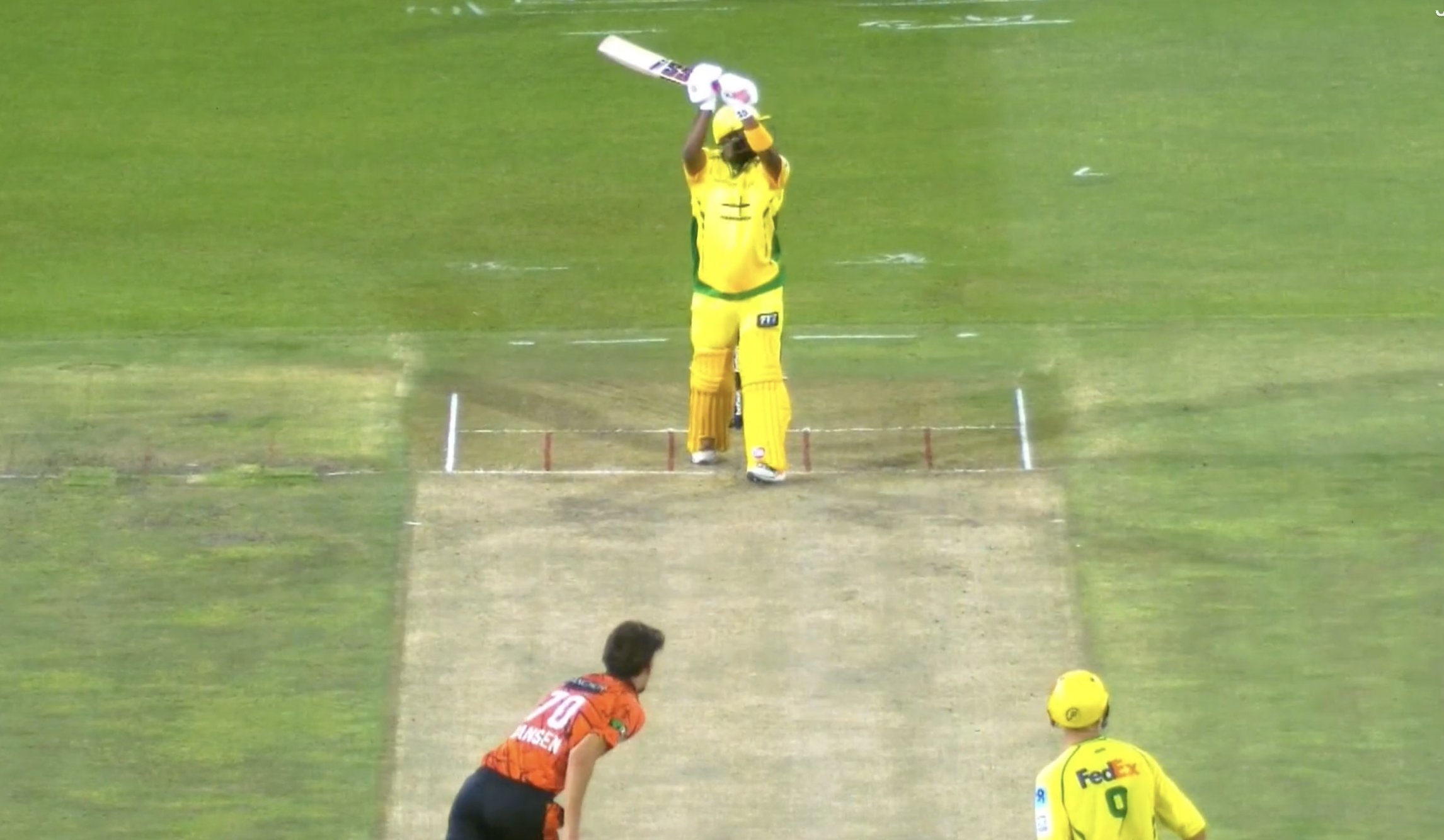
Watch, SA20 | Rivaldo Moonsamy sends shockwaves down Sunrisers with unbelievable helicopter shot
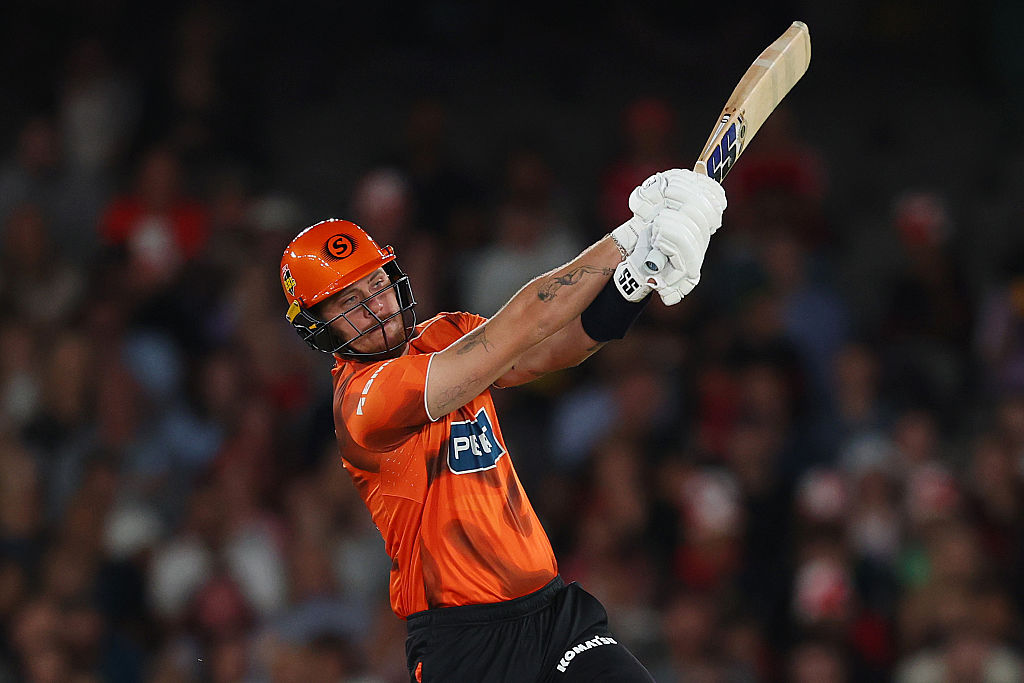
BBL | Twitter goes box cricket mode as Finn Allen’s skier hits roof to extend his stay in middle
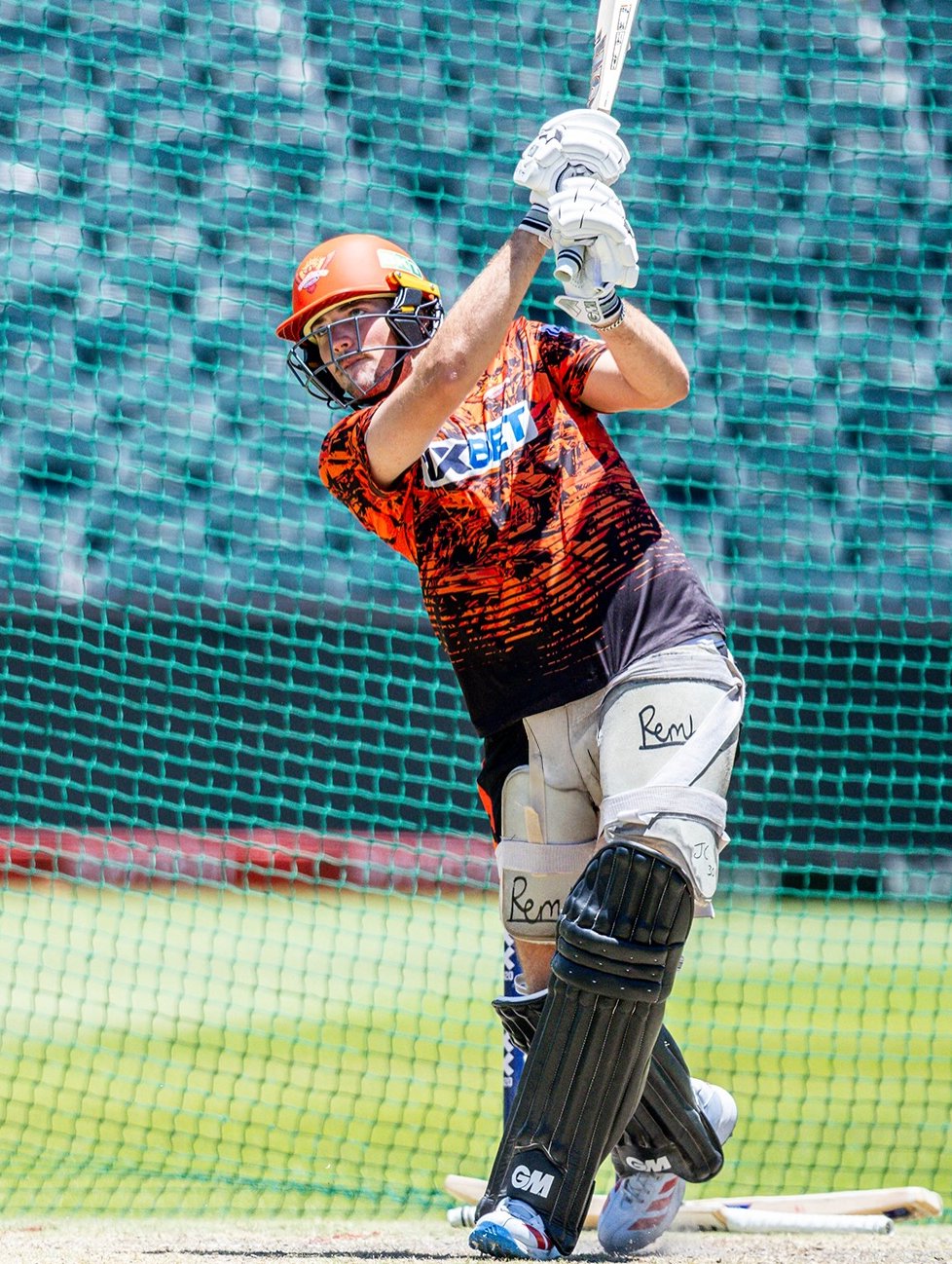
SA20 | Sunrisers become first team to qualify for playoffs with thumping win over Super Kings
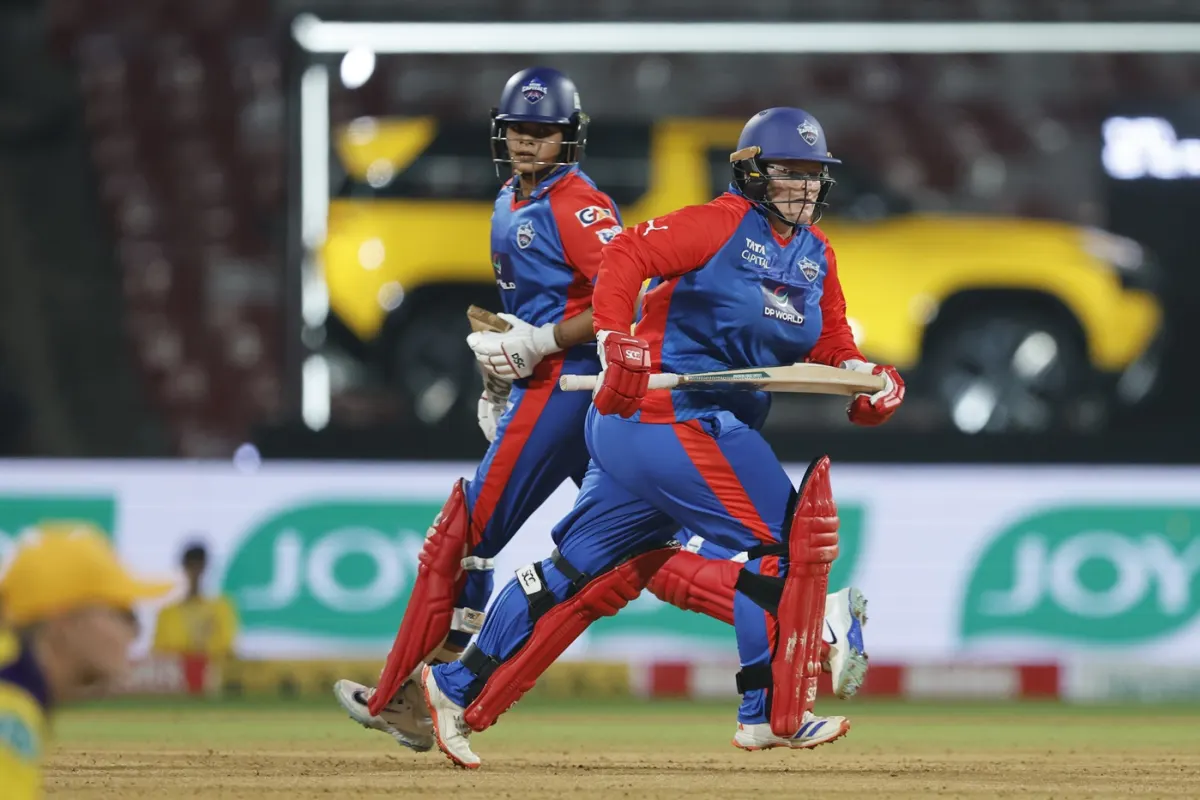
WPL | Lethal Lee and all-round Shafali earn Delhi Capitals first win with convincing chase against UP Warriorz
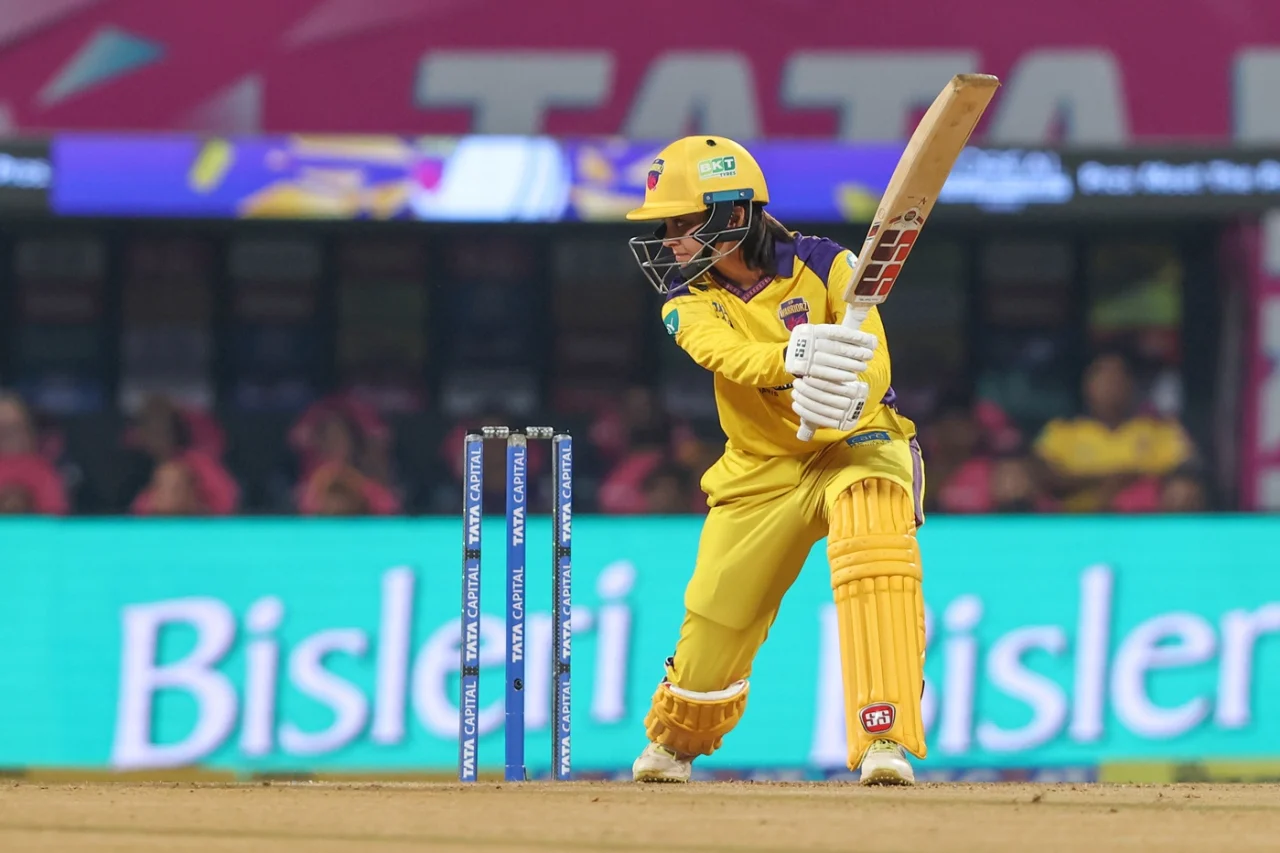
WPL | Twitter laughs as UP's retiring out experiment falls flat to justify Harleen Deol's shock
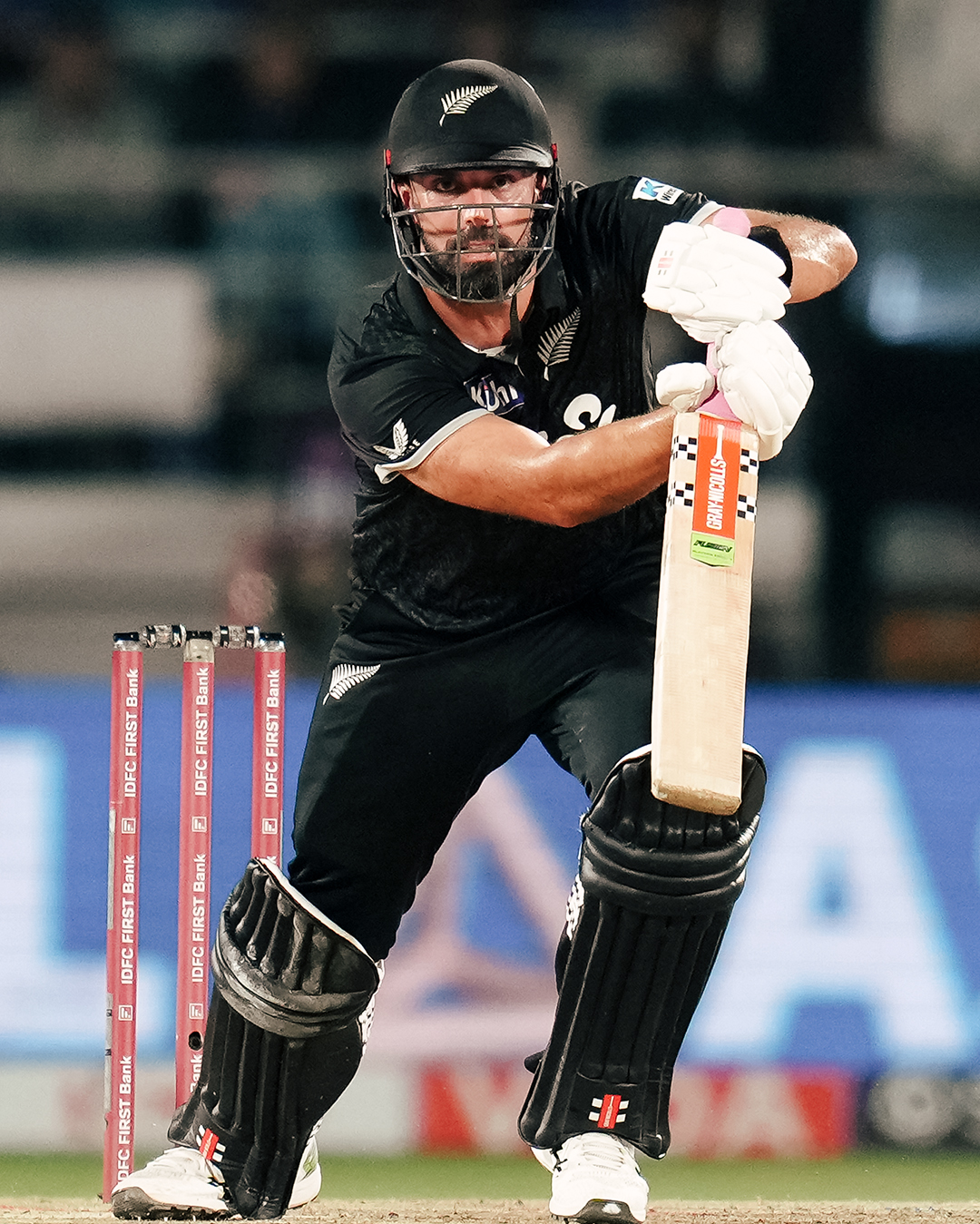
New Zealand tour of India | Twitter in awe as New Zealand level series with clinical win in Rajkot
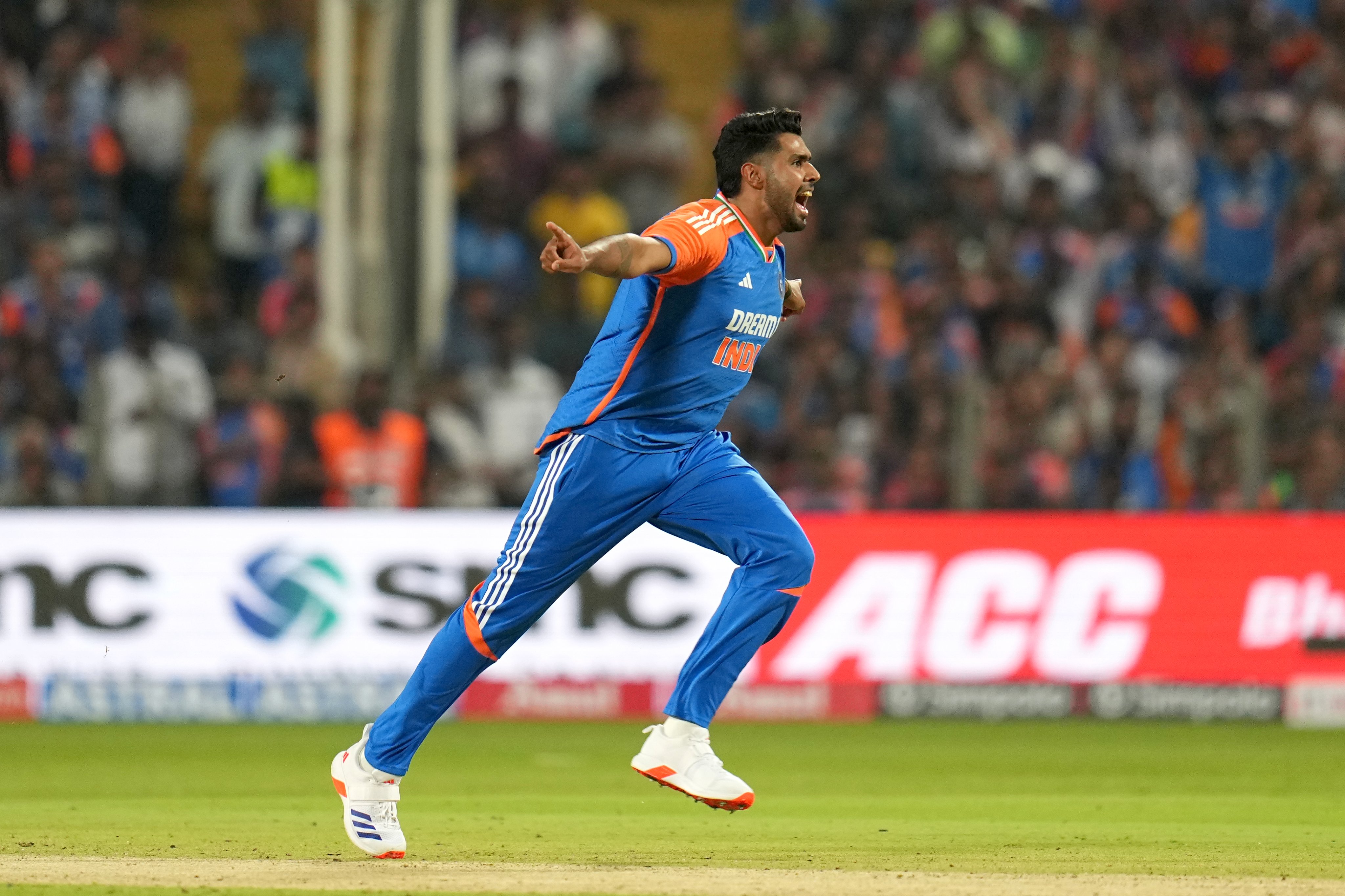
New Zealand tour of India | Twitter stunned as Harshit Rana sends Devon Conway’s timber flying

AI Simulation, SA20 | De Kock and Nortje anchor Sunrisers’ controlled win over Joburg at home in Gqeberha
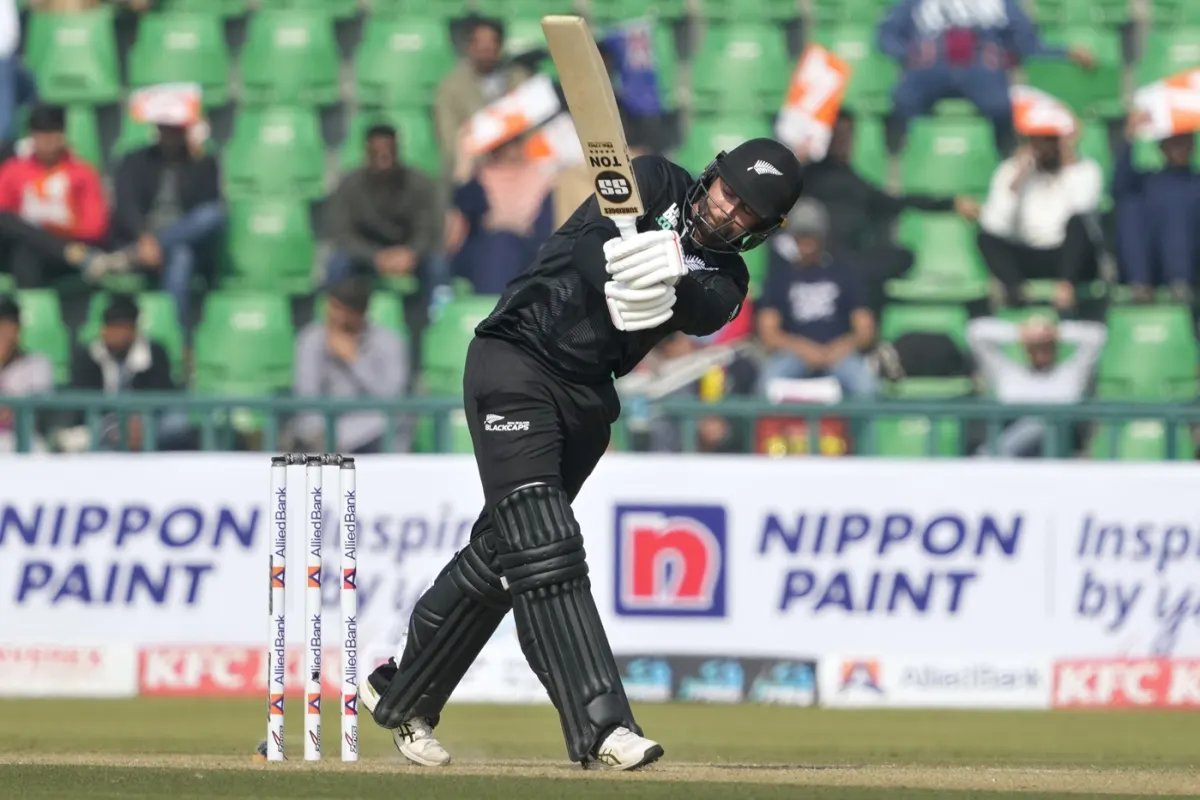
New Zealand tour of India | Twitter and Conway surprised as batter loses willow to awkward bounce
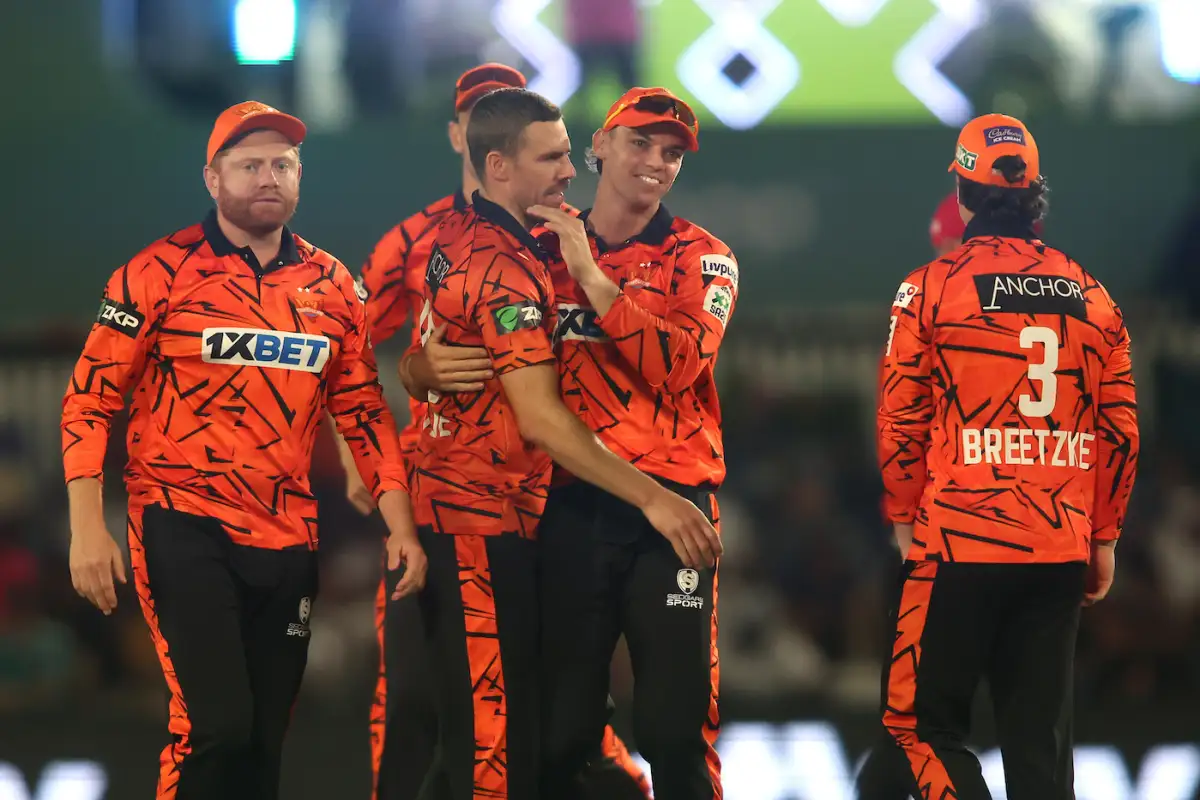
SA20 Preview | Sunrisers Eastern Cape seek stability as Joburg Super Kings search for momentum in Gqeberha
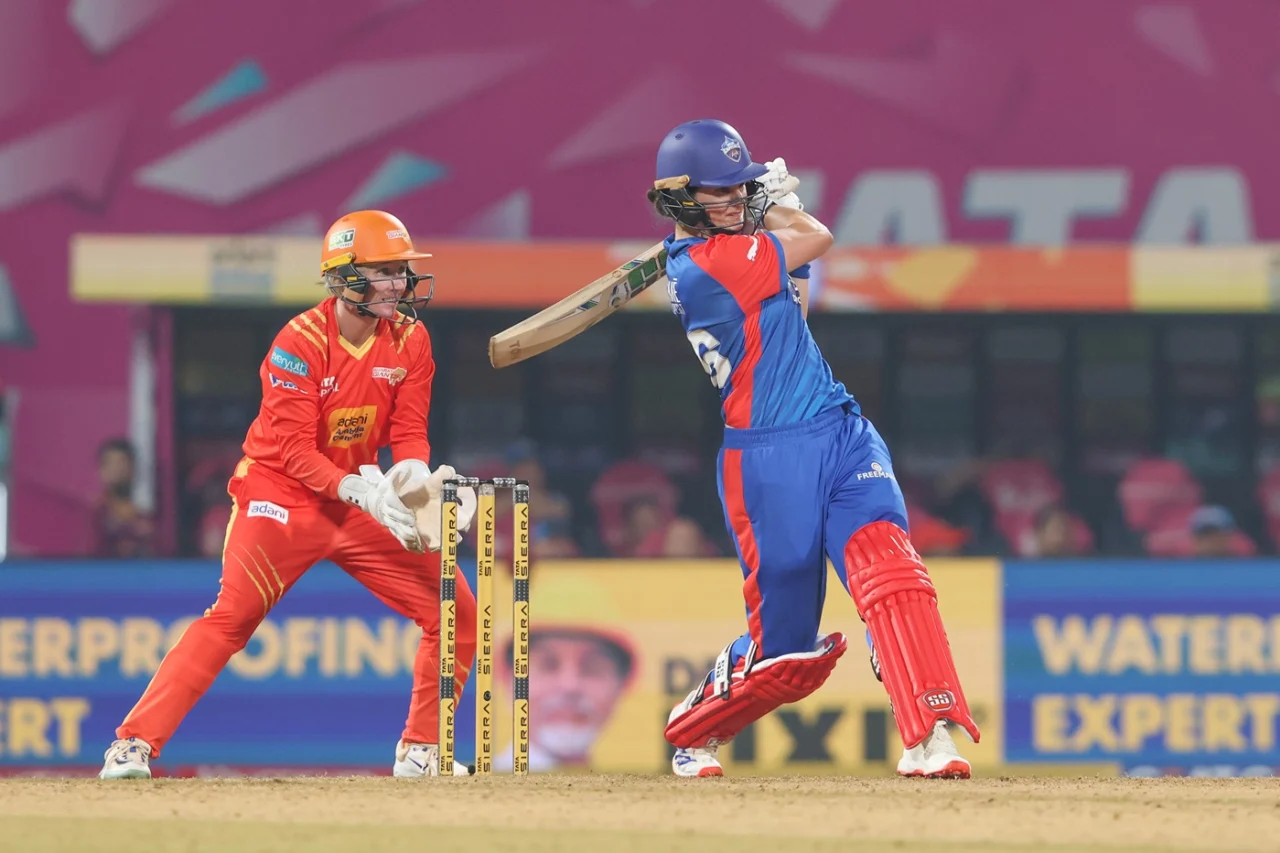
AI Simulation, WPL | Wolvaardt anchors Delhi to nerve-wracking win over UP Warriorz in low-margin thriller
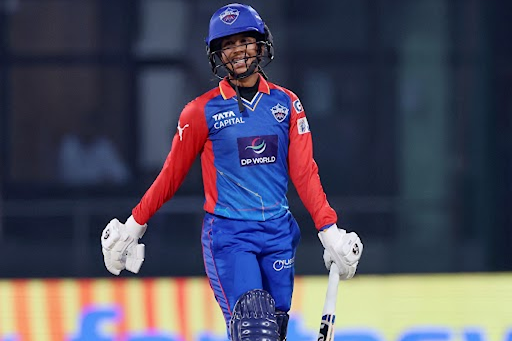
WPL Preview | Delhi Capitals and UP Warriorz face off in early pressure game in Navi Mumbai
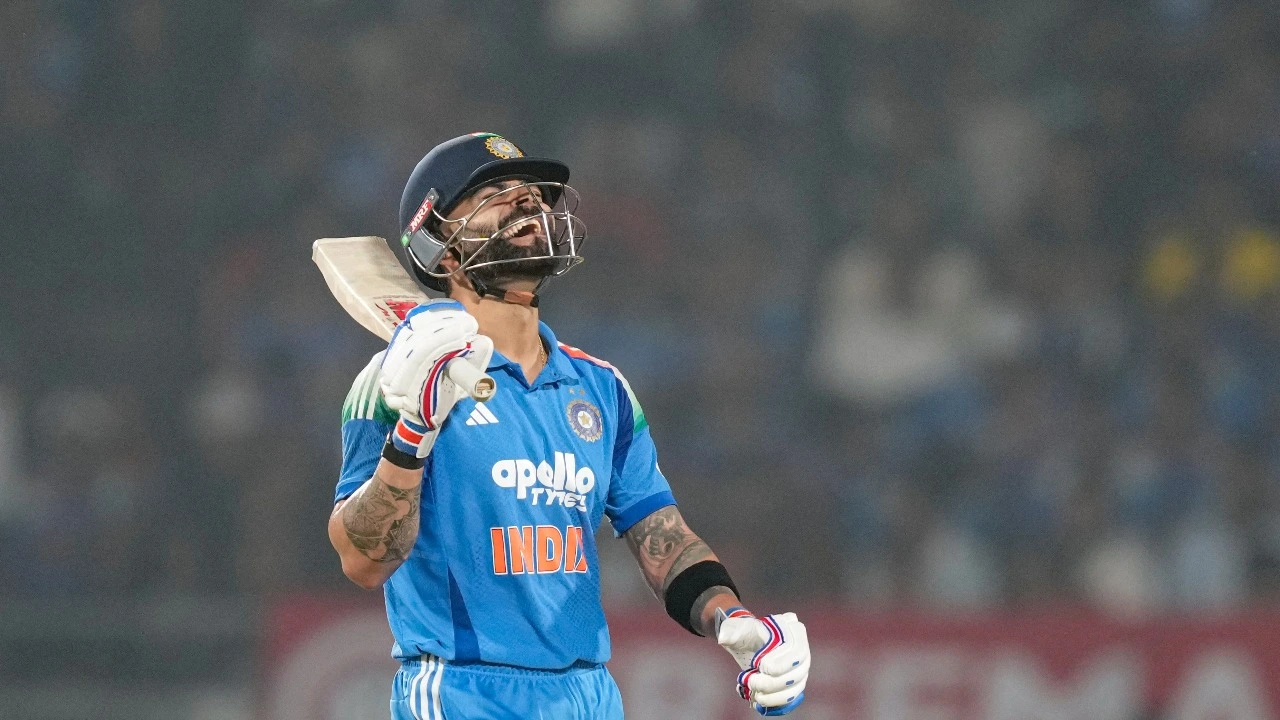
After Nearly 4 Years, the King Reclaims His Throne in ICC Rankings
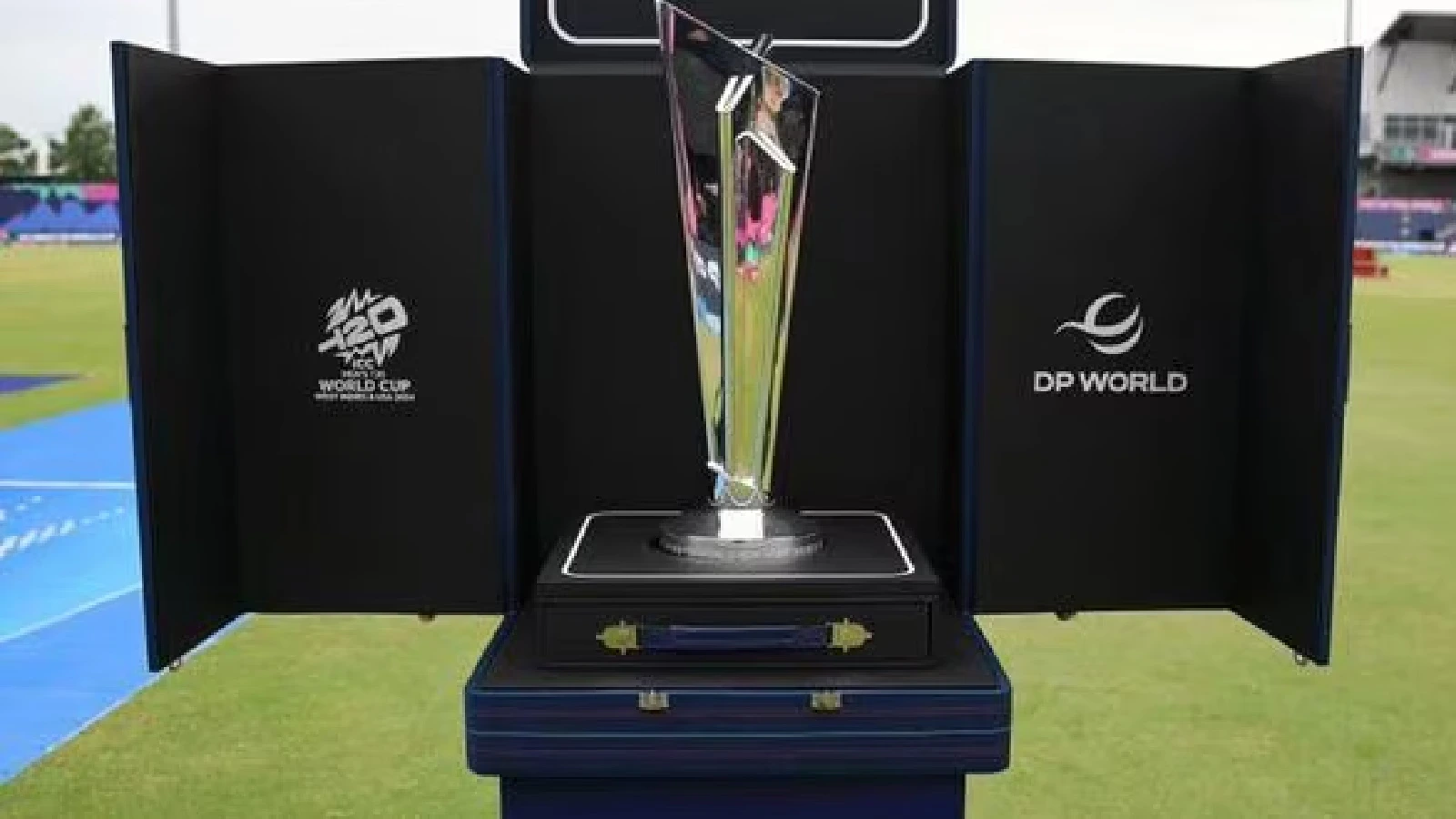
Just Weeks Before T20 World Cup 2026, Two Teams Hit a Major Roadblock
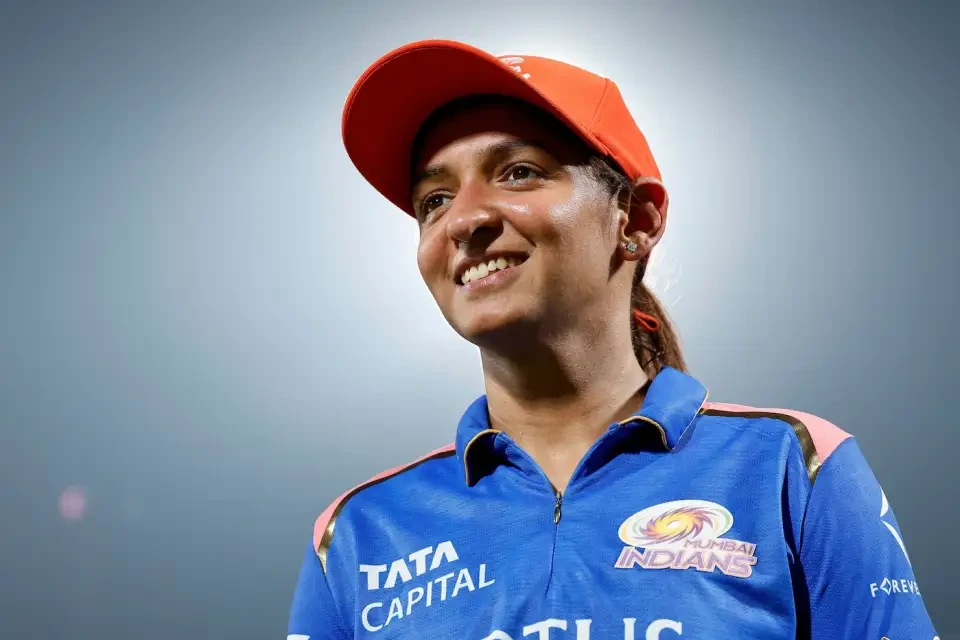
Why Harmanpreet Kaurs Leadership Stands Out in the WPL Crowd
